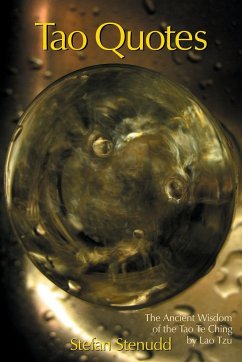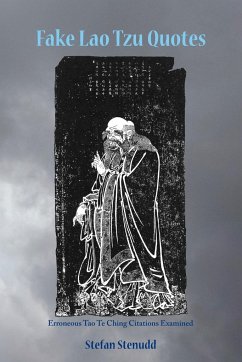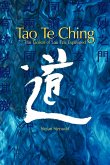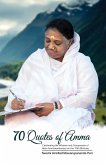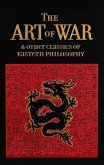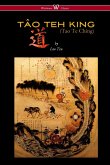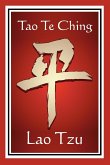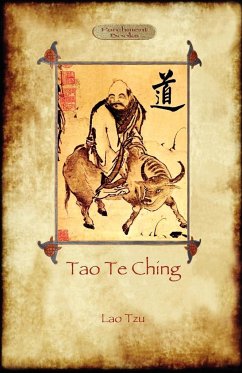Primary source to the gentle Chinese philosophy Taoism is the 2,500 years old book Tao Te Ching, written by the legendary first Taoist Lao Tzu. It has become one of the foremost world classics of wisdom, maybe even more relevant today than it was to Lao Tzu's contemporaries. Here are 389 quotes from the Tao Te Ching, sorted into 51 topics. In this way, the teachings and principles of Lao Tzu stand out with particular clarity, even for those just starting to explore Taoism. Stefan Stenudd has also published a complete translation of Lao Tzu's classic, with extensive comments and explanations: Tao Te Ching: The Taoism of Lao Tzu Explained.

